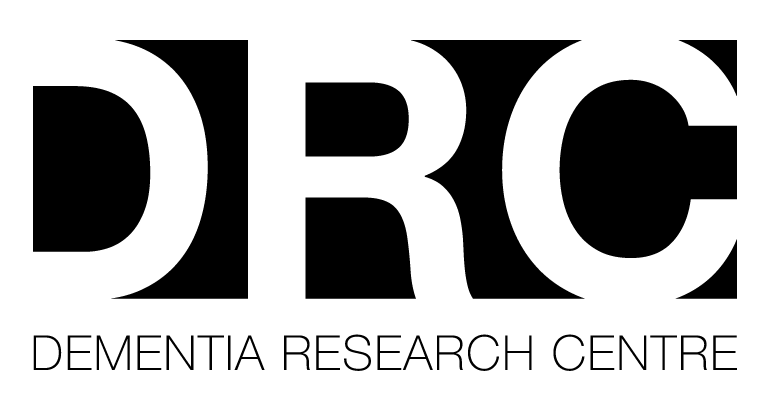More information about FTD and the research team can be found at www.ftdtalk.org.
The Genetic Frontotemporal dementia Initiative (GENFI)
The Genetic Frontotemporal dementia Initiative (GENFI) is a cohort study of familial FTD run from UCL by Professor Jonathan Rohrer.
GENFI is an international multicentre study in Europe and Canada investigating genetic forms of FTD. The aim is to develop markers that can be used in clinical trials to help know when we should be treating people, and how to know that the treatment is working.
People eligible to be in the study are those who are symptomatic and those who are ‘at-risk’ due to a first degree relative having a known genetic form of FTD. For further details, please see the GENFI website.
What does GENFI involve?
A research visit with us would last one or two days, once a year. The visit would include a medical assessment with a doctor, including blood and urine samples, and a lumbar puncture if you would be willing. During your visit you would also have around an hour of psychological testing looking into your thinking and memory, as well as a 45-minute MRI scan. During the visits there is also an opportunity to meet with the team and discuss any ongoing issues.
No individual results will be disclosed to participants or relatives of participants who take part in the study unless there is an unexpected incidental finding relevant to your health. Results will be available at a group level once the study is completed. We then plan to publish the results of the study in scientific journals. Information that would identify you or any other participant will not be included in any publication.
You will not receive any payment for participating in this study. However, travel and/or hotel costs and the costs of meals/drinks during your visit will be reimbursed.
Longitudinal Investigation of FTD (LIFTD)
The Longitudinal Investigation of FTD (LIFTD) study is a cohort study of sporadic (non-genetic) FTD.
The study aims to develop markers that will help with early diagnosis of FTD and understand the progression of disease. It also aims to understand the complex symptoms of FTD and how these relate to changes in brain function and structure. The study is recruiting people with behavioural frontotemporal dementia and primary progressive aphasia (the language form of FTD) as well as people who have motor symptoms such as parkinsonism or motor neurone disease. For more information, please visit the LIFTD study page.
 Close
Close


